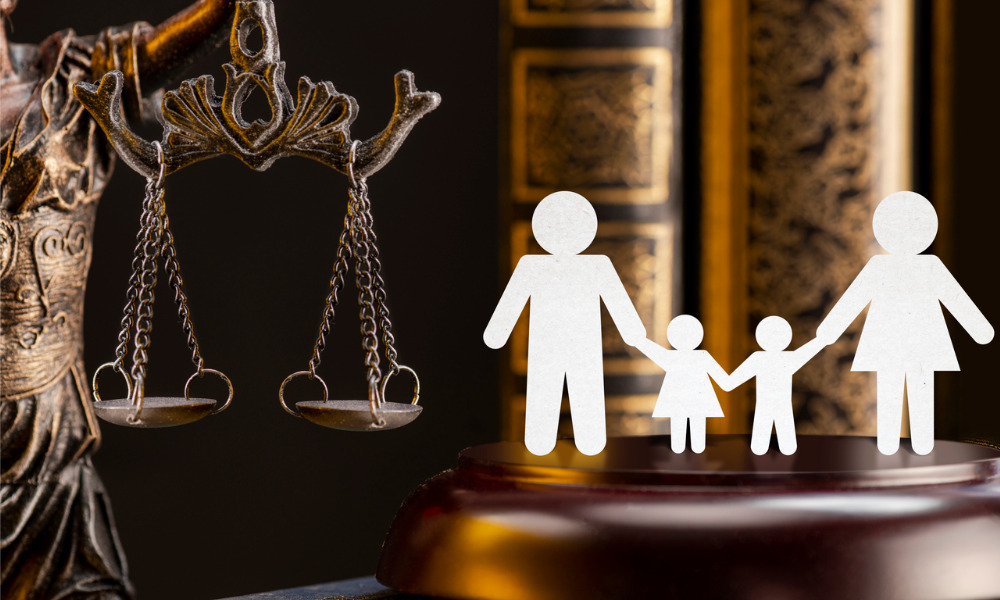The Miscellaneous Statutes Amendment Act, 2021, will amend the Family Law Act

B.C. has introduced legislation proposing to clarify the definitions of family violence, household violence and domestic or sexual violence, while Yukon has tabled a bill aiming to integrate early childhood development programs and education, both on May 12.
If passed, B.C.’s Bill 11 – 2021, or the Miscellaneous Statutes Amendment Act, 2021, will amend the Family Law Act, SBC 2011, c 25 to clarify that family violence -- the definition of which is used to apply for protection orders and to determine a child’s best interest relating to matters such as guardianship, parenting arrangements or contact with a child -- will not require an intent to harm a family member, according to a news release of the B.C. Ministry of Attorney General.
The bill proposes to amend the definitions of domestic or sexual violence under the Employment Standards Act, RSBC 1996, c 113 and of household violence under the Residential Tenancy Act, SBC 2002, c 78 to ensure that they align with the definition of family violence in the Family Law Act, on which these definitions were modelled.
The proposed legislation also seeks to delete the parentheses from references in the Family Law Act to the Provincial Court (Family) Rules, since the title has been updated to the Provincial Court Family Rules, BC Reg 120/2020. The bill’s other amendments will impact provincial statutes such as the COVID-19 Related Measures Act, the Clean Energy Act and the Motor Vehicle Act.
In Yukon, Jeanie McLean, the territory’s education minister, tabled Bill No. 2, or the Act to Amend the Child Care Act (2021), which proposes to change the Child Care Act, RSY 2002, c 30 by relocating the Child Care Unit to the Department of Education from the Department of Health and Social Services, said a news release. The Child Care Act was last updated in 2018.
The change introduced by the bill aims to ensure the coordination of early learning and childcare services at all levels, including the transition into kindergarten and primary school, to better reflect the realities of Yukon families and to introduce positive and long-term effects on society.
“The integration of early childhood development programs and education will help create a learning continuum that spans from cradle to career,” said McLean in the news release.
The proposed amendment also seeks to reflect the recommendation for the territorial government to align all early learning programs and services under one department to help improve planning and decision-making, found in Putting People First, the final report on the comprehensive review of Yukon’s health and social services. In November 2018, the territory established an independent expert panel to conduct this review, and in April 2020, the panel published the report, which had 76 recommendations.
The territorial government is continuing to implement the other changes recommended by the final report and to work together with First Nations governments, stakeholders and families on the implementation, said Tracy-Anne McPhee, Yukon’s health and social services minister.










